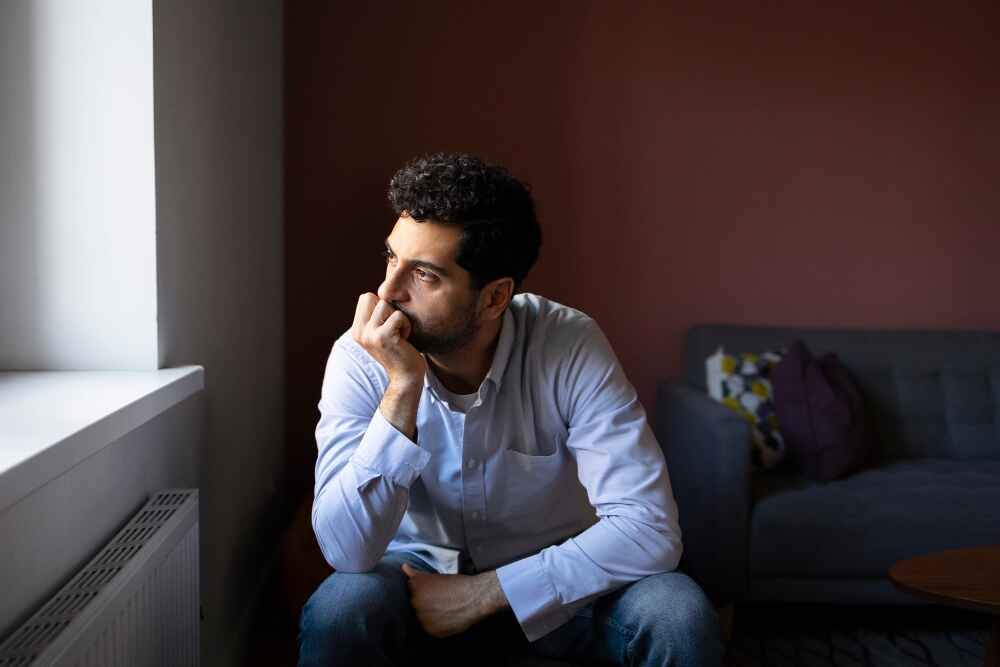Table of Contents
Introduction
Self Confidence is essential in determining how we interact with our surroundings. Believing in oneself is crucial, just like how you deal with different circumstances. People who possess self-assurance are likely to achieve more in their personal and professional endeavors because they emit a positive vibe that draws in opportunities and individuals. On the other hand, lacking self-assurance can impede progress, resulting in missed opportunities and uncertainty. Believing in oneself is essential in engaging with others, whether it involves public speaking, social gatherings, or pursuing career goals.
However, having self confidence is not an inherent trait. It is an ability that can be improved and strengthened through continual effort. The idea that confidence requires excellence in all areas is a widespread misconception, which is not true. Self Confidence includes acknowledging your true self, embracing imperfections, and having faith in your ability to reach objectives. Your outward actions are a reflection of your mental state.
This blog will investigate different aspects of confidence, such as explaining what it is, emphasizing its significance, and strategies for developing and sustaining it. We will examine the psychology of confidence and offer helpful strategies to enhance self-worth, thoroughly examining this achievable quality for everyone.

Psychology of self confidence
Understanding the psychology behind self confidence is the first important step in building it understanding the psychology behind confidence is the first important step in building it. Confidence comes from two main sources. 1st one is trust in your own self and the other one is self esteem. Self belief is the assurance in your ability to complete tasks and achieve goals. People who have high confidence believe in their ability to overcome challenges while those with low self confidence doubt their own skills. It may prevent them from taking action. Skilled individuals may struggle with self assurance because they lack confidence in their abilities.
Nonetheless, self-esteem is related to the amount of value you attribute to yourself. People with high self-esteem typically show more confidence as they feel entitled to success. Experiencing low self-worth can lead to questioning your self-value, feeling unclear, and hesitating to seize opportunities.
Factors affecting self confidence
How our psychological factors interact is influenced by our previous experiences, surroundings, and mental attitude. Someone who grew up in a supportive environment might have more self confidence than someone who faced ongoing criticism or rejection. However, it is crucial to remember that no matter what past experiences you’ve had, confidence can be developed through the correct mindset and techniques.Focusing on boosting confidence and self-esteem allows for the gradual creation of a more confident self. Possessing this foundation is essential for overcoming challenges in life and ensuring that fear and doubt do not hinder you from maximizing your potential.
Confidence in body language:
Body movements
Your body movements can show confidence or reveal your inner doubts. It’s a form of communication that doesn’t use words to express emotions and opinions, sometimes without awareness. Research has indicated that individuals with high self-assurance typically display open and expansive body positions, whereas people with low confidence tend to seem closed and hesitant. Being mindful of your nonverbal communication can significantly enhance how others view you and your own self-perception.
Posture
Posture is a crucial element of conveying confident body language. Having good posture by standing upright with shoulders back and head high shows confidence, while slouching might give the impression of uncertainty or not being noticed. Just by adjusting your posture, you can immediately feel more confident. Eye contact is also a significant factor. Keeping eye contact demonstrates your involvement and lack of fear towards interacting. Conversely, not making eye contact can give off an impression of being nervous or uninterested.
Hand movements
Hand movements and body language also contribute to your perceived level of confidence. Self Confident individuals employ deliberate, controlled gestures to underscore their statements, whereas fidgeting or crossing one’s arms could indicate a lack of confidence or unease. The manner in which you walk can also convey confidence – having a strong, deliberate gait can greatly impact how others see you. In summary, body language is a strong tool that can either boost or weaken your confidence. Being conscious of your posture can convey self-confidence, even when you are not feeling fully sure of yourself. Through repeated practice, confident body language will become instinctual, aiding in the development of inner confidence.
Overcoming self doubt:
Fear and lack of confidence pose major challenges in developing self-assurance. They establish mental barriers that hinder you from taking action, communicating, or seeking chances. Fear is commonly seen as worry about failing or being judged, whereas self-doubt is the internal dialogue that tells us we lack the necessary skills. Conquering these challenges is essential for building enduring self-assurance.
Exposure therapy
Exposure therapy is a successful method for managing fear. This technique gradually involves facing your fears in a managed manner.As an example ,to overcome the fear of public speaking you are told to begin by talking to a small group of friends and then move on to bigger audiences as you become more confident. This innovative method reduces anxiety levels and boosts confidence.
Speaking positive
Speaking in a positive manner to oneself and treating oneself with kindness can greatly help in dealing with feelings of uncertainty. Swap out pessimistic inner dialogue for optimistic statements such as “I am capable” or “I am worthy of achievement.” Although initially peculiar, these statements can eventually alter your brain to view yourself more positively. Practicing self compassion involves treating yourself with the same kindness and understanding as you like others to yourself. If you mess up things t start, don’t be too hard on yourself. see it as a chance to grow and keep progressing Instead of focusing on the problem only.
Confronting fear and self-doubt directly can help overcome mental obstacles preventing progress. As you gain more confidence in taking risks and facing challenges, your self-assurance will increase, helping you navigate life more confidently.
Building confidence through small wins:
Belief gradually increases over time. Gaining confidence is a process that happens slowly through achieving small victories over time, not all at once. Establishing achievable objectives and recognizing accomplishments enhances self-confidence and fosters a continuous loop of positive feedback that ultimately enhances confidence.
Confidence through daily challenges
One method to start achieving small victories is by engaging in daily challenges. Small accomplishments could include speaking up in a meeting, trying out a new hobby, or tackling a task you’ve been putting off. Pushing your boundaries and growing more comfortable with your skills happens whenever you venture outside your familiar territory.
Focus on small achievements
Monitoring your progress can also act as a powerful motivator. Keep a record of your small achievements each day even if they seem so small. You will be able to look back on your achievements and gain confidence in your progress with time. Recognizing any advancement, no matter how slight, boosts confidence in achieving larger goals.
Remain consistent:
Remember, possessing confidence does not guarantee success in every undertaking. It includes investing time, learning from mistakes, and growing personally. Focusing on your small victories and recognizing them as a progress can help you build the inner resilience and self assurance needed to face bigger challenges in this world.
Conclusion
Having self confidence can open opportunities, build connections, and contribute to achievements in personal and professional aspects. Nonetheless, it is crucial to keep in mind that confidence is not fixed; it necessitates ongoing dedication, introspection, and development. Confidence originates from believing in your own talents and worth, whether it be through psychology, nonverbal communication, overcoming fear, or self-care. DoFollow
By grasping the principles of confidence psychology, staying aware during your presentations, confronting fears and self-doubt, and acknowledging small achievements, you can develop a stronger sense of self-confidence. Furthermore, it is essential to look after yourself to maintain this feeling of confidence, ensuring you feel mentally, emotionally, and physically empowered.
In the end, self-assurance affects your self-perception and how others view you. It strengthens your connections, enables better dialogue, and promotes trust and respect. Confidence is not identical to perfection as it is more about accepting yourself, overcoming hindrance and always trying to be the best version of yourself.
Keep in mind that facing challenges is a common part of the process while enhancing your self esteem. Having confidence in your own skills and not giving up are key factors in reaching your objectives. Every person can develop self-assurance by nurturing and making use of it to create significant transformations in their lives.




